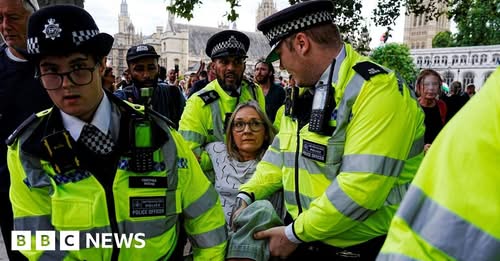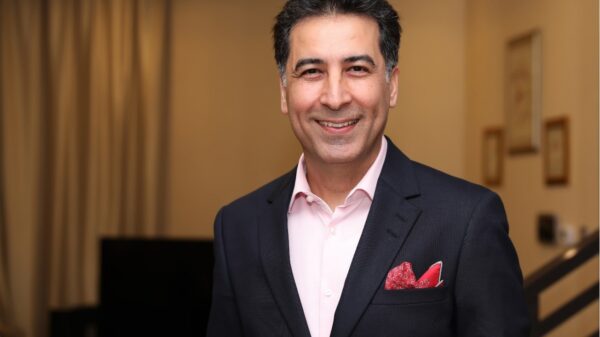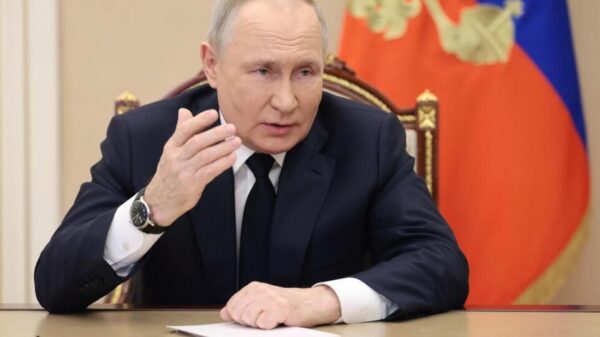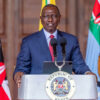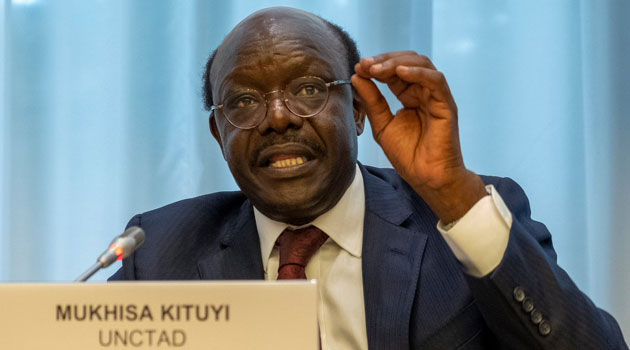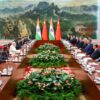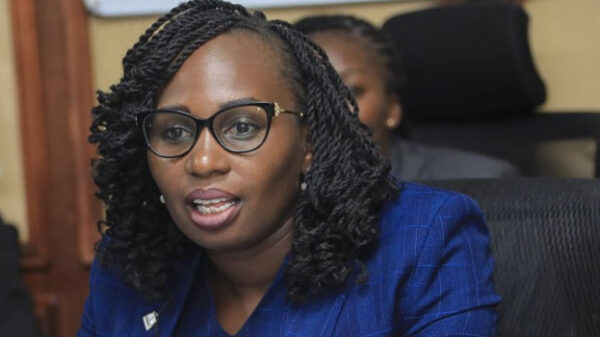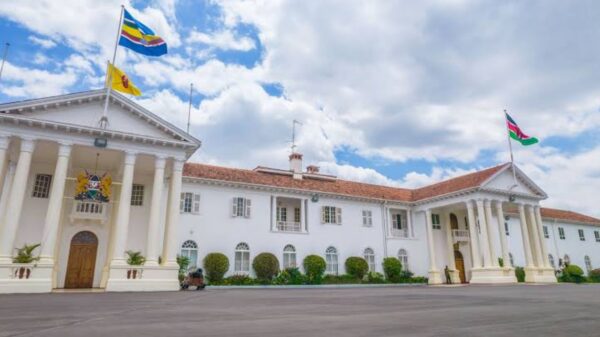NAIROBI, Kenya Sep 7 – When David Kenani Maraga, the former Chief Justice who etched his name into Kenya’s history books by nullifying a presidential election, says he wants to give Kenyans back their country, he does not sound like a typical politician.
His voice is steady, his words plain, and his promise audacious.
“Kenyans, in short, I will give you back your country. It has been stolen from you. I am going to strive to give it back to you,” he told listeners on Capital FM’s Thursday’s Legal Insider Show on September 4, 2025.
With those words, the man who once stood at the helm of the judiciary is now asking to be entrusted with the presidency in 2027.
Maraga’s name carries weight.
He presided over one of the most daring judicial rulings in Africa when, in 2017, the Supreme Court he led nullified a presidential election.
That moment cemented his image as a stickler for the rule of law, unafraid to take on the executive.
He also advised former President Uhuru Kenyatta to dissolve Parliament for failing to enact the two-thirds gender rule, a decision that earned him political enemies and triggered budget cuts to the judiciary.
“Politicians tried to cripple us financially, but I had a duty to perform and I did it,” he recalls.
It is that same uncompromising stance he now brings to politics, vowing to end what he calls a culture of lies, theft, and impunity.
– Why Maraga says Kenya is being robbed –
For Maraga, corruption is Kenya’s central illness.
He accuses the country’s top leadership of running government as a private business.
“You can’t fight corruption when there is corruption, particularly at the top,” he says.
“Unless there is political will, nothing will change. The people who are supposed to fight corruption are the same ones stealing.”
He points to wasteful foreign trips, inflated infrastructure projects, and even health reforms such as the Social Health Authority (SHA) which, in his words, are “designed to loot.”
“Kenya is not poor,” he insists. “Kenya is being robbed.”
But how does a man without deep pockets survive in Kenya’s money-soaked politics?
Maraga says he will rely on Kenyans themselves.
“I don’t have money myself,” he admits. “I am asking mama mboga to give me ten bob, the boda boda rider to give a hundred bob. If you all do that, we will have more than we require.”
It is a model borrowed from Barack Obama’s grassroots fundraising in the United States, and one rarely tested in Kenya, where cash handouts often decide campaigns.
“I will not bribe voters,” he says. “My campaign will run on issues, not insults.”
Perhaps the clearest sign that Maraga understands Kenya’s shifting political ground lies in his approach to the youth.
“Gen Z are not asking for handouts,” he says. “They are asking for fairness and a level playing field.”
He envisions a creative economy where innovations, art, and intellectual property are backed with funding and turned into industries that employ millions.
It is a direct response to the frustrations of young people who have taken to the streets in recent protests, demanding accountability.
– Faith, Integrity, and the Maraga vision for Kenya –
Maraga makes no apologies for grounding his politics in his Christian faith.
For him, values of justice, fairness, and honesty are not just personal virtues but national necessities.
“I am not seeking the presidency to enrich myself,” he says.
“God has blessed me with the little I have and I am happy with it. I want to serve. Politicians are paid well already; they don’t need to steal.”
It is a sharp contrast to the political class he criticizes, leaders he accuses of treating voters as pawns in a game of power and money.
Maraga’s gamble is bold.
Kenya’s political scene has never been kind to those who refuse to play by its rough rules.
Money, ethnic arithmetic, and political patronage remain the currency of power.
Yet, in a season where Kenyans are restless, young people are demanding change, and trust in traditional leaders is eroding, his message of honesty and restoration may resonate more than skeptics admit.
“Hold my hand,” he tells Kenyans, “and I will give you back your country. Something positive is going to happen.”

